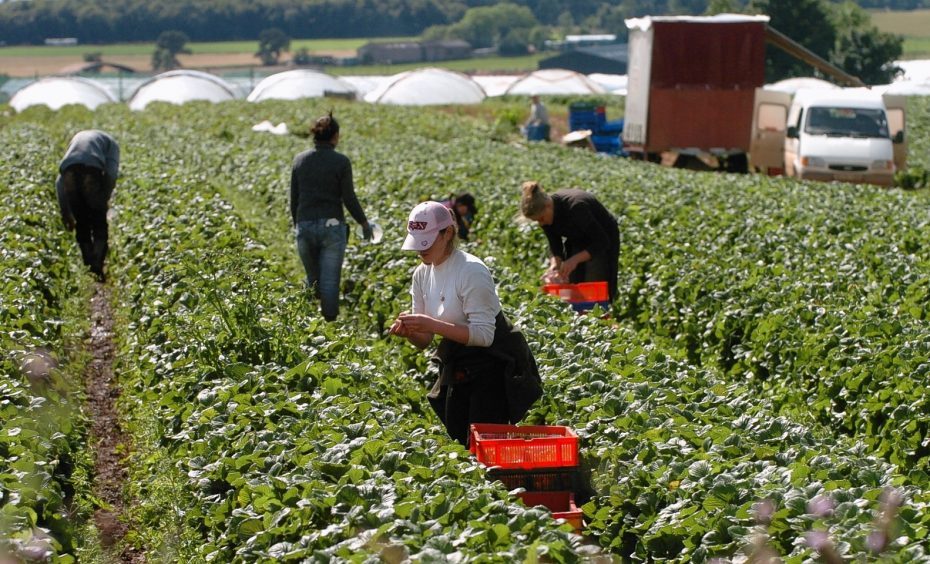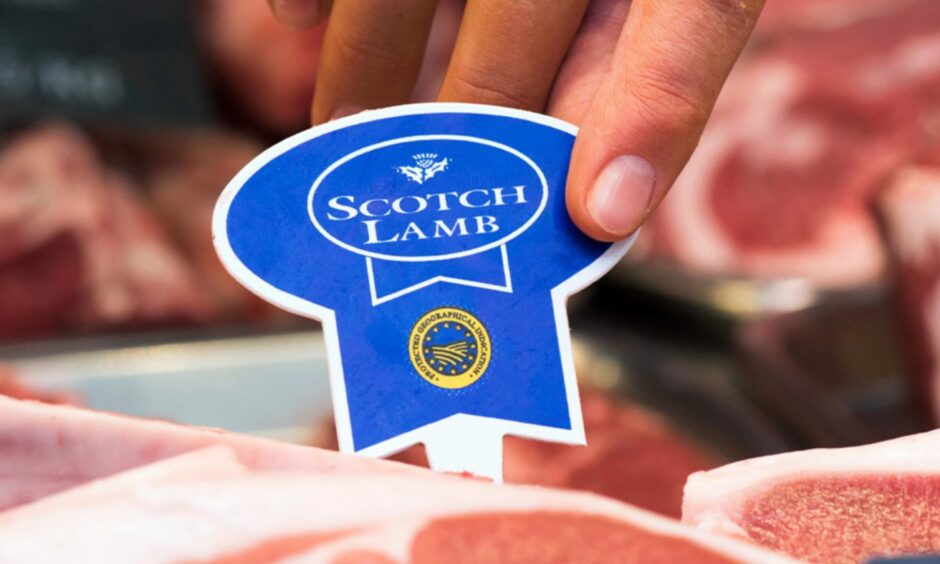Scottish hospitality is the envy of the world and rightly so.
Our food and drink is renowned internationally and recognised for its uncompromisingly high quality, which is why, even in times of economic instability and uncertainty, it remains in such high demand.
In fact, Scottish food and drink is the largest industry for overseas exports, with a truly global reach.
The industry currently exports to 105 countries, with sales overseas valued at a record £6.3 billion, marking the sector out as a major contributor to Scotland’s economy.
Scotland’s food and drink sector is dynamic, innovative and daring, however, it isn’t immune to the challenges that all businesses are facing.”
Among the leading areas of economic growth nationally, Scotland’s food and drink sector is worth around £14bn a year and accounts for one in five manufacturing jobs.
This country’s 18,850 food and drink businesses employ around 115,400 people.
They are at the beating heart of Scotland’s economic output, and vitally important to Scotland’s domestic and international markets.
Food and drink tourism is also becoming increasingly popular, as our culinary specialities become as attractive as our rolling hills and glens to the Instagram generation, adding to the value of the sector to Scotland’s integral tourism market.
Businesses from Aberdeen and the north-east are some of the major driving forces behind the sector’s growth, with firms including BrewDog, one of Scotland’s flagship unicorn companies with a value of more than £1bn, and the beloved household ice-cream and savoury snack company Mackie’s of Scotland both seeing strong rises in sales.
Likewise, Montrose-based Arbikie Distillery, which produces artisan white spirits, scotch and single malt whisky, has just opened the doors of its first distillery experience on the east coast of Scotland.
Jim Walker, former joint managing director of the world-famous Walker’s Shortbread which bears his name, was awarded a knighthood for his exceptional service to the food industry in the 2022 Queen’s Honours – no doubt in large part thanks to his efforts into growing the brand, which is known across the globe.
Last year Scottish Chambers of Commerce led a successful series of trade missions to the World Expo in Dubai to showcase the best of Scotland’s food and drink.
This helped to make inroads into new and exciting markets for our businesses and producers.
The sector has also committed to do its part to support the nation’s health and wellbeing, with the recent passing of the Good Food Nation Bill by the Scottish Parliament highlighting collaboration between policymakers and business.
‘Long shadow’ of Brexit
Scotland’s food and drink sector is dynamic, innovative and daring, however, it isn’t immune to the challenges that all businesses are facing due to inflation, the rising cost of doing business and the long shadow that has been cast by the impact of Brexit and the Covid-19 pandemic.
Global supply chain disruption is still creating additional barriers to the smooth importing and exporting of goods around the world.
Rapidly rising food and fuel prices, the driving force behind inflation, are causing further economic instability as consumers and businesses feel the squeeze.
The workforce shortages that many farmers and food producers in Scotland and across the whole UK warned of as a consequence of Brexit is now a reality.
Some areas have reported a 75% shortfall in seasonal worker numbers, which could lead to shortages of some foods, increased prices and lost international exports.
The Scottish and UK governments acknowledge the workforce challenges facing the sector and are taking steps to mitigate wherever they can.
But the lasting impact of Brexit and delays to the issuing of temporary visas for these workers will put many businesses back into precarious situations.
Firms want better EU access and new trade deals
Businesses’ ask of the UK Government is to iron out the Brexit blockages that have been created and for smoother access to our customers in the EU. This is absolutely vital for time sensitive fresh food produce which can’t afford to be held up in lengthy customs checks.
Progress towards the striking of new and improved international and free trade agreements is a positive step.
These have the potential to open up new and lucrative markets to Scotland’s food and drink producers in previously untapped but burgeoning economies in South America, India and the Far East.
However, we can’t lose sight of the markets Scotland already performs well in – such as the US, which accounts for around £4.3bn in beverage sales alone each year.
Now is the time for investment in Scotland’s food and drink sector. There is demonstrable demand for our products internationally, and a failure or slowdown of supporting businesses onto the global stage will hold back further growth and dampen Scotland’s ambition to become a truly trading nation.
Scotland’s food and drink sector showcases the best this country has to offer from salmon and single malt to venison and lamb, marking us out as world leaders.
Supporting the industry to export and remove trade barriers must continue to be at the core of both governments’ ambitions.
Liz Cameron is chief executive of the Scottish Chambers of Commerce.





Conversation